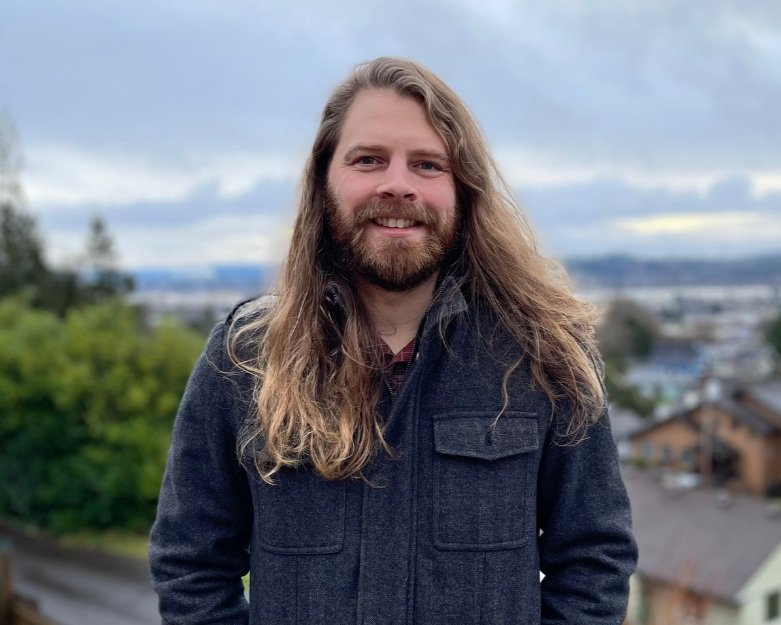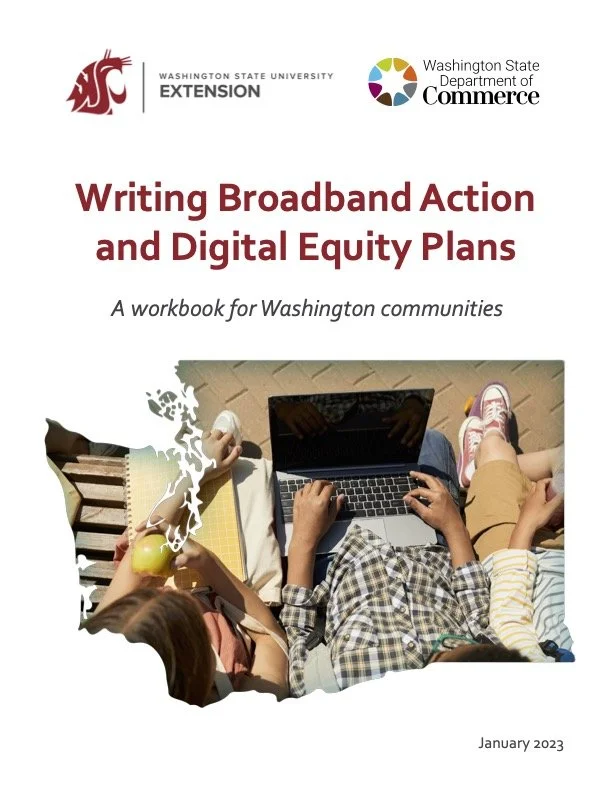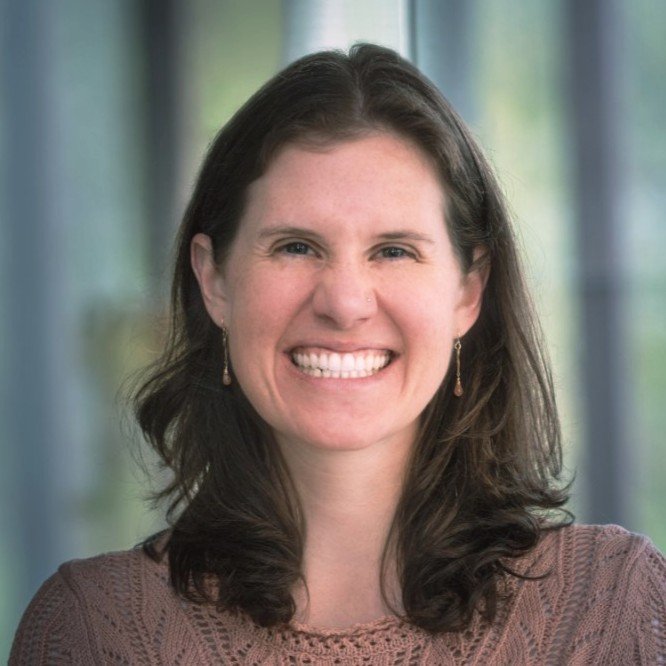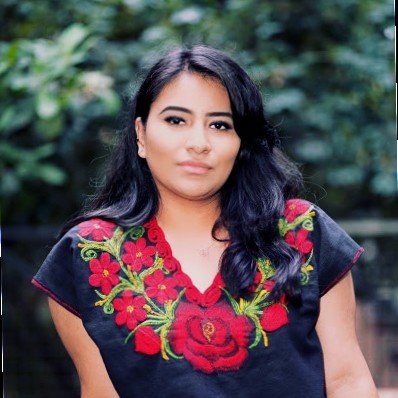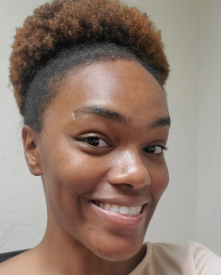Dustin Loup
Project Director, Broadband and Digital Equity, Washington State University Extension
Interview by Caleb Brady & Danyl Stephan Kok
November 14, 2022
Dustin Loup is the Project Director for Broadband and Digital Equity for Washington State University Extension. In 2022, WSU Extension received an 8 million dollar grant from Washington State Department of Commerce to support Broadband Action Teams who can, in turn, take lead in building out equitable infrastructure at the community level. From the southeastern most corner of the Washington state in Pullman, Washington, WSU extension is supporting 68 Tribal and County defined BATs, each working on digital equity and infrastructure in their jurisdiction. To Loup’s role as Director, he brings a spectrum of relevant experience from across the country: training high school students to set up wireless networks, distributing hotspots, utilizing grants, and more. He has worked with companies in DC, Baltimore, and locally here in Washington. Through that work he has seen incredible change in communities across the country. In our interview, we discussed his work toward digital equity, the values and principles he believes are key digital equity work, goals for WSU extension, and people Loup takes inspiration from. For concision and clarity, this interview has been edited.
Q. What values and/or principles are important for everyone in this space to do good work?
DL: On principle behind doing good digital equity work that is needed is a strong sense of teamwork across all stakeholders as well as as an impetus to share resources. There is plenty of work to go around in the digital equity field. Everyone working toward digital equity should recognize just how much work there is to get done, and should work together to help get that work done. We can share our experiences with each other, both successes and learning points, and do everything to address problems as partners when we can.
“Digital Equity is just what needs to be done.”
Q. What have been big wins for you and how did they happen?
DL: Back in Baltimore, I worked with a company called RowdyOrbit to teach highschoolers how to set up wireless networks. This training saw great success and helped equip the community with talent to set up wireless internet networks. We also distributed equipment to local community groups who used it to provide internet access to people in their neighborhoods.
More recently in Washington state, I have been working on a Digital Navigator Program with Grays Harbor County, the Quinalt Nation and the Chehalis Tribe. The three entities formed a partnership and received funding to provide digital support to local communities, as well as to improve the communication and partnerships with other organizations and communities around the region.
Q. What is WSU Extension’s goal in moving towards digital equity?
DL: We aim to foster and maintain a network of local communities who are resourced to identify needs in local communities and to help local communities address those needs.
Dustin notes that it is important to them to remember that technology and digital equity are constantly evolving, and so they need teams to always be keeping up-to-date and constantly adapting to the needs of the community.
What steps are being made by your organization to reach that vision?
DL: Our focus is on communities working together, pooling resources and learnings that can across the Broadband Action Teams, while giving local communities the ability to tailor to their local needs. We collaborate to get funding from the state into local communities via the Broadband Action Teams and we provide tailored support where it is needed.
Q. What’s an example of some good work so far and who’s been doing it? Who would you like to give a shout-out to?
DL: Two people that I am particularly inspired by who are doing digital equity work nationally are Chris Mitchell and Matt Rantanen. Mitchell leads the Community Broadband Networks Initiative at the Institute for Local Self Reliance which has been a major resource for communities seeking to thoughtfully plan and advocate for fast, affordable, reliable broadband for more than a decade.
Another inspiration is Matt Rantanen, the Senior Advisor of Tribal Broadband at the Golden State Network. Rantanen has been instrumental in building broadband infrastrure to less served tribal communities in California, touching all aspects of the work from climbing towers and laying cable to work digital equity “boot camps” (a collaboration betwen Rantanen and Mitchell and their respecitive organizations). There have been many great success stories from these camps.
Learn more about WSU Extension’s Broadband and Digital Equity work
Learn more about Broadband Action Team’s role in Washington state Digital Equity policy
Connect with Dustin on LinkedIn.

